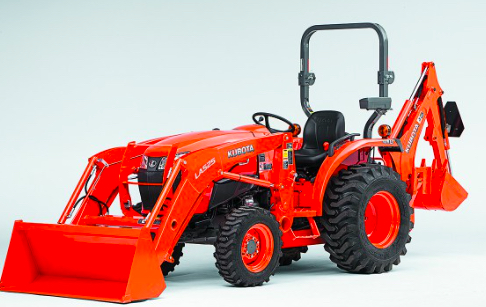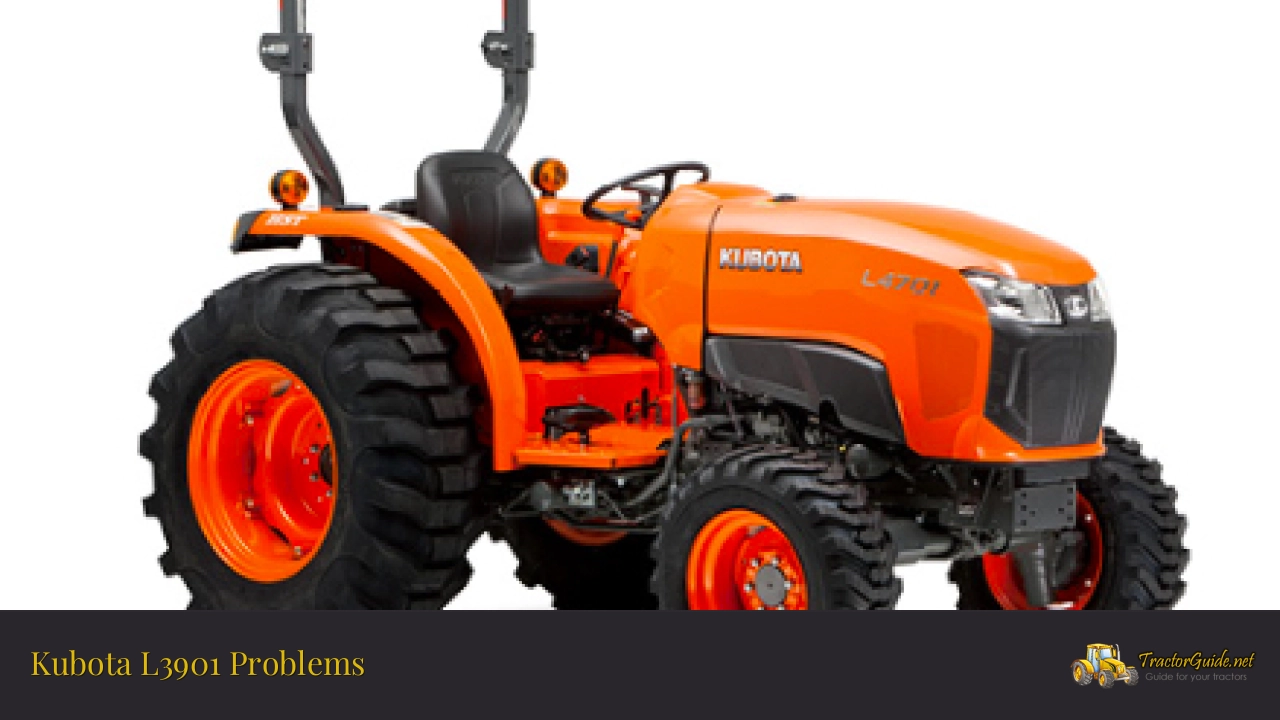The Kubota L3901 is a powerful and reliable tractor but can be prone to certain issues. From engine problems to hydraulic system malfunctions, owners of the L3901 need to be aware of the common problems that can arise and how to resolve them. With the help of experienced mechanics and our expert tips and tricks, identifying and fixing Kubota L3901 problems can be quickly done.
🚨You may be interested in: Kubota M7060 Problems
Troubleshooting Common Kubota L3901 Problems

Owners of the Kubota L3901 tractor know that it can be a reliable and powerful machine, but it can also be prone to certain issues. From engine problems to hydraulic system malfunctions, identifying and fixing Kubota L3901 problems can help keep your tractor running smoothly.
Our comprehensive guide provides expert tips and tricks to help you troubleshoot common Kubota L3901 issues. With the help of experienced mechanics and our step-by-step instructions, you can quickly identify and resolve any issues your tractor may have.
Below is a table of Kubota L3901 problems and the solutions to help you get started:
| Problem | Solution |
|---|---|
| Engine not starting | Check fuel levels, spark plugs, and battery connections. |
| Hydraulic system malfunctions | Inspect and clean hydraulic fluid filters, check oil levels, and repair any leakage. |
| Clutch slippage | Inspect and adjust the clutch pressure plate, check transmission fluid levels, and replace clutch components. |
| Electrical system issues | Check wiring connections, inspect fuses and relays, and replace faulty components. |
Engine Problems
The Kubota L3901 has a powerful engine, but many engine-related problems can occur. Kubota L3901 Problems can include difficulty starting the engine, a lack of power, smoke or oil leaking from the engine, and irregular fuel consumption. Troubleshooting these issues requires a deep understanding of the engine components and the expertise of a mechanic.
👀Look at this: Kubota Svl65-2 Problems
Hydraulic System Malfunctions
The Kubota L3901 also features a hydraulic system for lifting heavy weights and moving large objects. However, Kubota L3901 Problems can arise when the system malfunctions, such as a lack of pressure or a slow response. To troubleshoot these issues, inspecting the hydraulic system for any leaks or blockages and checking the fluid levels and filters is important. Experienced mechanics can also help identify and resolve any other underlying issues.
Key Takeaways for Troubleshooting Kubota L3901 Problems
- Be aware of the common problems that can arise with the Kubota L3901 tractor.
- Check fuel levels, spark plugs, and battery connections if the engine is not starting.
- Inspect and clean hydraulic fluid filters, check oil levels, and repair any leakage to troubleshoot hydraulic system malfunctions.
- Inspect and adjust the clutch pressure plate, check transmission fluid levels, and replace clutch components to rectify clutch slippage.
- Check wiring connections, inspect fuses and relays, and replace faulty components to troubleshoot electrical system issues.
- Seek the help of experienced mechanics to identify and resolve any other underlying issues.
Conclusion: Gaining Expertise to Troubleshoot Kubota L3901 Problems Effectively
When troubleshooting the Kubota L3901 tractor, it is essential to understand the common problems that can arise and be familiar with the components of the engine, hydraulic, clutch, and electrical systems. With this knowledge, inspecting, cleaning, and adjusting parts to identify and resolve any underlying issues is possible. However, it is important to seek the help of experienced mechanics to ensure that any repairs or maintenance is carried out properly. With the right expertise, it is possible to identify and troubleshoot Kubota L3901 problems effectively and efficiently.
🎯Suggested article: Kubota Dashboard Warning Lights
